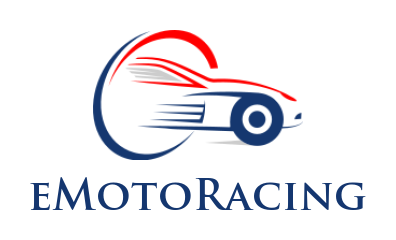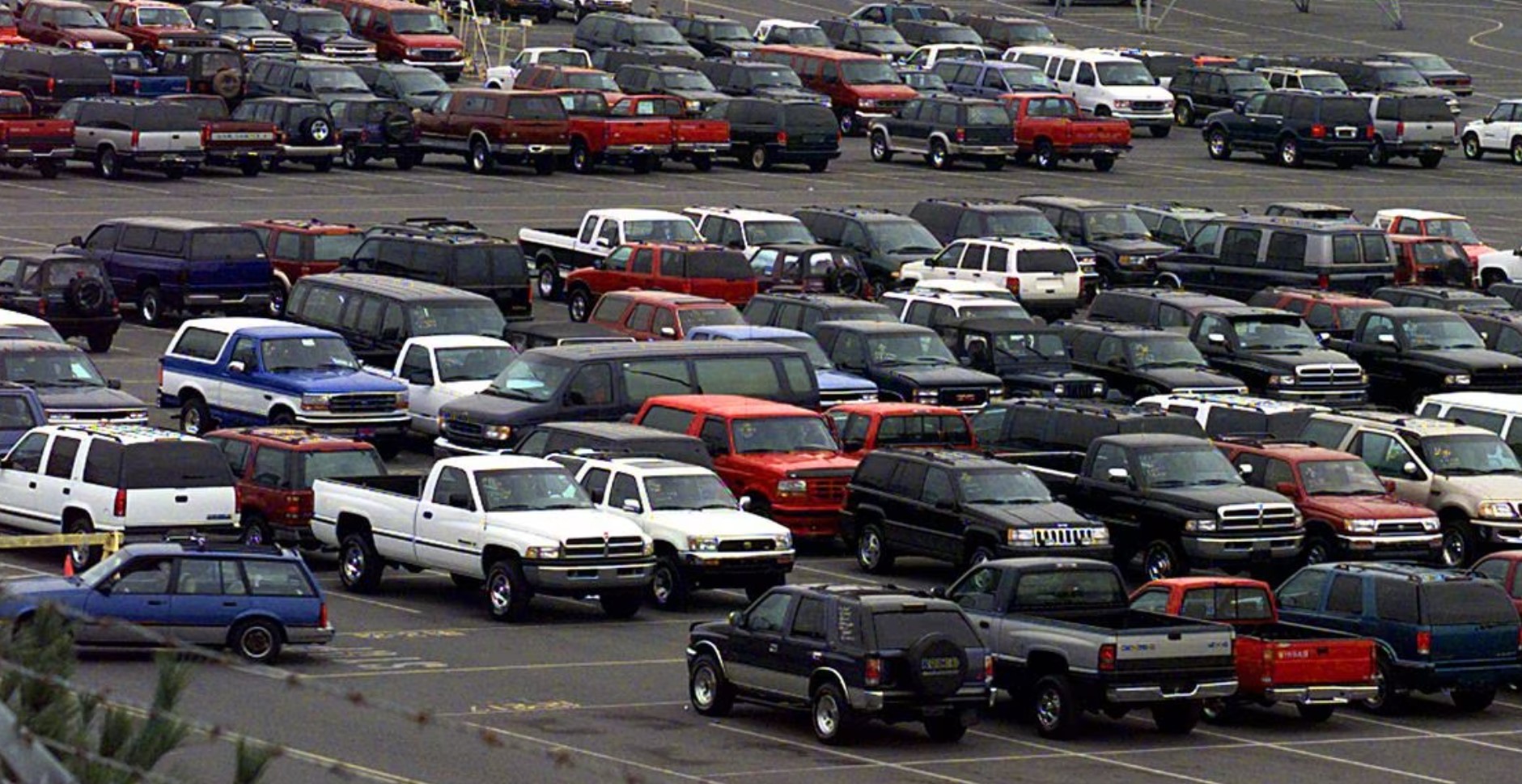Car auctions that are open to the public are events where individuals, rather than exclusively dealerships or industry insiders, can participate in the bidding and purchase of vehicles. These auctions are accessible to anyone interested in buying a car, making it an excellent avenue for both first-time buyers and seasoned collectors to find their dream vehicles.
The Different Types of Car Auctions
Before diving into the specifics of public car auctions, let’s explore the various types of car auctions, as understanding the distinctions will help you choose the right one for your needs.
Dealer Auctions
Dealer auctions are a unique facet of the automobile industry, catering exclusively to licensed dealerships. While they offer a specialized platform for dealers to buy and sell vehicles, they come with their own set of advantages and disadvantages.
| Pros of Dealer Auctions | Cons of Dealer Auctions |
| 1. Exclusive Access: Only licensed dealers can participate, reducing competition from the general public. | 1. Limited Access: Non-dealers are barred from participation, restricting opportunities for individual buyers. |
| 2. Professional Network: Dealers can build valuable connections with other industry professionals. | 2. License Requirement: Acquiring a dealer license can be a cumbersome and time-consuming process. |
| 3. Wholesale Prices: Vehicles are often available at wholesale prices, allowing dealers to secure inventory for their businesses. | 3. Dealer Fees: Dealers may incur additional fees, such as membership dues and transaction costs. |
| 4. Preview Period: Dealers often have a preview period to inspect vehicles before bidding, ensuring informed decisions. | 4. Competition: The exclusive nature of these auctions can result in fierce competition among dealers. |
| 5. Vehicle History: Comprehensive vehicle history reports are usually provided, aiding in decision-making. | 5. Exclusivity: Non-dealers miss out on opportunities to access these auctions and their potential deals. |
Closed Auctions
Closed auctions are unique events in the world of car auctions, offering an invitation-only experience for a select group of buyers. While they provide an exclusive atmosphere, it’s essential to weigh the pros and cons before deciding to participate.
| Pros of Closed Auctions | Cons of Closed Auctions |
| 1. Exclusivity: Closed auctions are invitation-only, providing a sense of exclusivity and limited competition. | 1. Limited Access: The invitation-based system restricts access to a select group of buyers, excluding the general public. |
| 2. Quality Control: Organizers often curate high-quality vehicles, ensuring a premium selection for attendees. | 2. Invitation Dependency: Securing an invitation can be challenging, and not everyone receives one. |
| 3. Personal Connections: Closed auctions can facilitate meaningful connections among like-minded buyers and sellers. | 3. Reduced Transparency: Limited public access can result in less transparency regarding auction proceedings. |
| 4. Specialized Inventory: Some closed auctions focus on specific vehicle types or niches, catering to niche interests. | 4. Limited Competition: While reduced competition can be an advantage, it may also lead to less competitive pricing. |
| 5. Exclusive Deals: Buyers at closed auctions may have access to unique, rare, or highly sought-after vehicles. | 5. Networking Required: Obtaining invitations often requires networking within the industry or being part of an exclusive group. |
Public Car Auctions
Public car auctions are diverse and accessible events where individuals, regardless of their background, can engage in the exciting process of buying vehicles. Let’s explore the various advantages and disadvantages associated with these auctions.
| Pros of Public Car Auctions | Cons of Public Car Auctions |
| 1. Inclusive Access: Public auctions are open to anyone interested in purchasing a vehicle, promoting inclusivity. | 1. Competition: The open nature of these auctions can lead to competitive bidding, potentially raising prices. |
| 2. Diverse Selection: Public auctions feature a wide variety of vehicles, catering to different budgets and preferences. | 2. Limited Vehicle Information: Detailed vehicle histories and descriptions may not always be available. |
| 3. Transparency: Many public auctions provide comprehensive vehicle information, fostering transparency and informed decisions. | 3. Condition Variability: Vehicle conditions can vary widely, requiring buyers to inspect thoroughly. |
| 4. Opportunity for Bargains: Savvy bidders may secure great deals, as competitive bidding can result in lower prices. | 4. Uncertain Competition: Predicting the number of participants and their bidding strategies can be challenging. |
| 5. No Special License Required: Individuals can participate without the need for dealer licenses or exclusive invitations. | 5. Payment Terms: Winning bidders typically need to pay for their vehicles immediately, requiring financial preparedness. |
Advantages of Public Car Auctions
Participating in car auctions open to the public offers several advantages:
- Competitive Prices: Public auctions often feature competitive bidding, which can result in lower prices compared to buying from dealerships or private sellers.
- Wide Selection: You’ll find a wide range of vehicles at public auctions, from budget-friendly options to luxury cars and even rare collectibles.
- Transparency: Most public car auctions provide detailed vehicle histories and descriptions, giving buyers valuable information.
- Opportunity for Bargains: If you’re a savvy bidder, you might snag a great deal on your dream car.
- Accessible for All: Public auctions are open to individuals without the need for special licenses or invitations.
Finding Public Car Auctions
Now that you understand the benefits of public car auctions, you’re probably wondering how to find them. Here’s a step-by-step guide:
1. Online Research
Start your search online by using search engines, forums, and websites dedicated to listing upcoming public car auctions. Look for local and national options.
2. Auction Houses
Contact local auction houses, as they often host public auctions. Inquire about their auction schedules and registration requirements.
3. Government Auctions
Government agencies, such as the General Services Administration (GSA), conduct public auctions for surplus vehicles. Check their websites for listings and registration details.
4. Online Auction Platforms
Explore online auction platforms like eBay Motors, where you can bid on vehicles from the comfort of your home.
5. Local Advertisements
Keep an eye on local newspapers, bulletin boards, and community centers for announcements about upcoming public car auctions.
Tips for Navigating Public Car Auctions
Navigating a public car auction can be exhilarating but also challenging. Here are some essential tips to help you make the most of your auction experience:
- Set a Budget: Determine your budget before attending an auction and stick to it to avoid overspending.
- Inspect Thoroughly: Carefully inspect the vehicles you’re interested in, and consider bringing a mechanic with you for a professional assessment.
- Attend a Few Without Bidding: Attend a few auctions as an observer to get a feel for the process before actively participating.
- Understand the Fees: Be aware of any additional fees, such as buyer’s premiums and taxes, which can affect the final cost.
- Bid Confidently: When bidding, be clear and confident. Don’t get caught up in the excitement and overbid.
- Have a Plan B: Be prepared to walk away if the bidding exceeds your budget or if you have any doubts about a vehicle’s condition.

